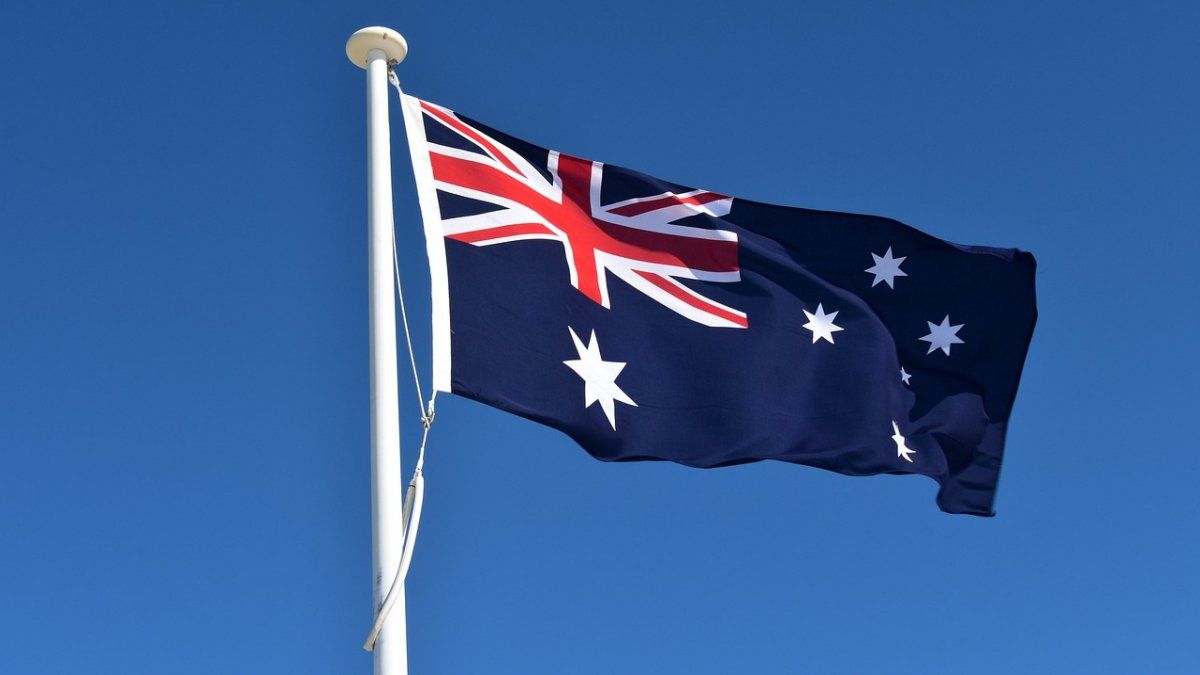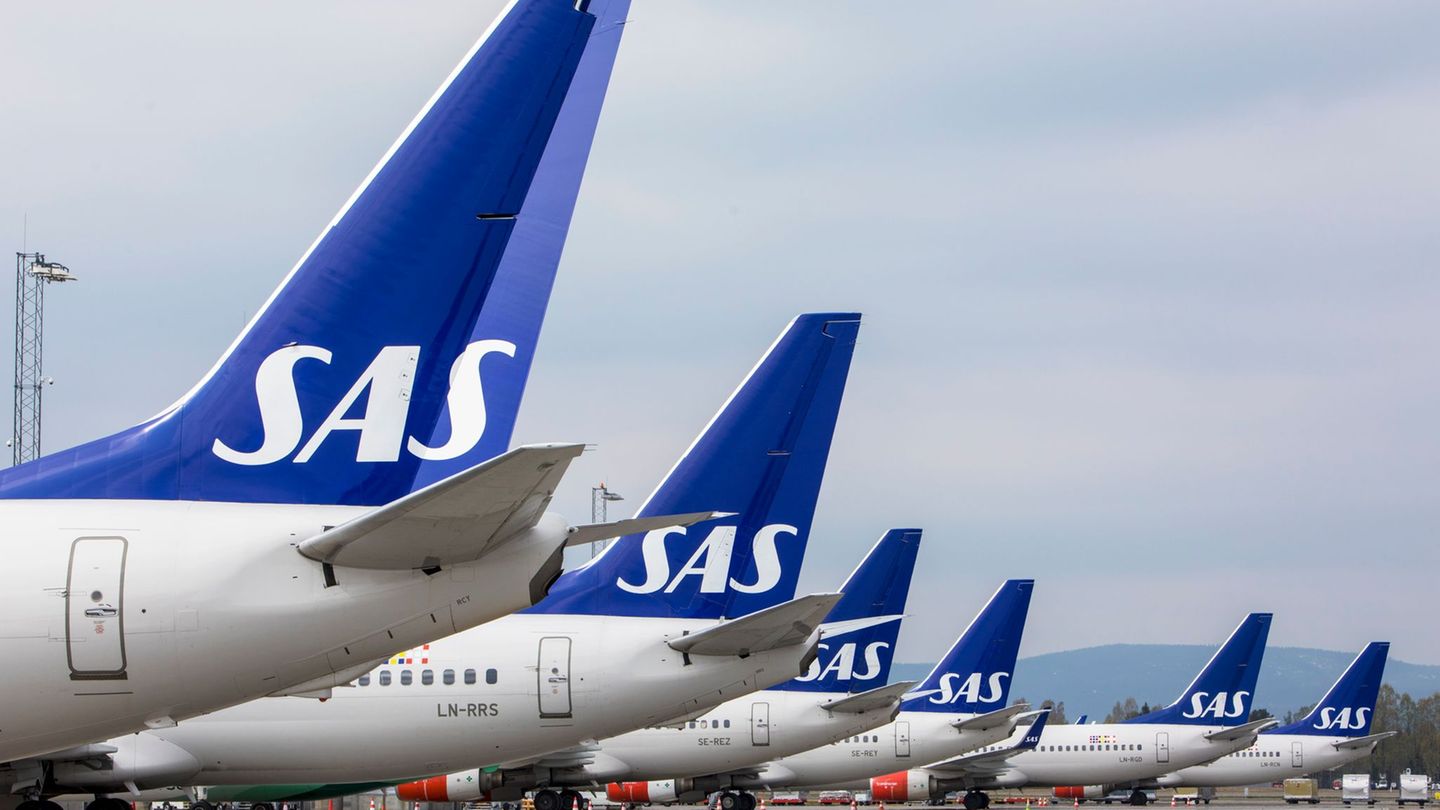Those who choose to emigrate must take into account several aspects of the destination country. Especially places as different as Argentina, as can be Australia. Making this decision requires thinking about everything from living costs to the legal requirements to enter the country.
Other aspects to take into consideration before making the decision to emigrate are, for example, accommodation, the cost of food, transportation and salaries. This guide is ideal for you if you are planning emigrate to Australia.
Work in Australia.jpg
Australia, known for its quality of life, spectacular landscapes and job opportunities, is a destination that increasingly attracts more people from all over the world.
How much does it cost to stay in Australia?
The cost of accommodation in this beautiful place varies depending on the city and the type of housing chosen. In major cities like Sydney and Melbournerenting a shared room costs between AUD 175 (USD 111) and AUD 200 (USD 127) per person. If newcomers prefer a single room, the price increases, ranging from AUD 225 (USD 143) and AUD 350 (USD 223).
The cost of living also depends on geographic location. Australia is bordered to the north by Indonesia, East Timor and Papua New Guinea, and is surrounded by Indian and Pacific oceans. Cities like Brisbane and Perth They are usually cheaper than Sydney or Melbourne, offering more affordable accommodation options.
Iconic cities like Sydney are known for their beaches and nightlife, while Melbourne is known for its arts and culture. In Brisbane, the relaxed atmosphere and subtropical climate make it attractive, and Perth is characterized by its closeness to nature and a slower pace of life.
Additionally, many accommodations include basic expenses such as electricity, water and internet, which helps simplify the management of monthly expenses.
Is food expensive in Australia?
In this country, the cost of food depends on your purchasing and consumption habits. The most popular supermarkets like Coles, Aldi and Woolworths They offer products at reasonable prices. A person can spend between AUD 100 (USD 64) and AUD 140 (USD 89) per week on basic foods.
Some examples of prices include: a kilo of beef per AUD 17.90 (USD 10.83), one liter of milk per AUD 1.64 (USD 0.64) and a dozen eggs per AUD 4.70 ($2.55). Buy as a group or sharing expenses with roommates can significantly reduce costs.
The value of transportation
Public transport is a reliable and efficient option in large Australian cities. A monthly pass for trains and buses costs approximately AUD 150 (USD 96). If you want to use daily transportation, a ticket is around AUD 8 (USD 5.10).
In smaller cities, having a car may be more convenient. Filling the tank of an average vehicle costs around AUD 80 (USD 51), with the liter of fuel at AUD 1.94 (USD 0.64).
How much is the minimum wage in Australia?
The minimum wage in this wonderful country is AUD 21.38 (USD 13.38) per hour, equivalent to AUD 812.60 (USD 517) per week for one 38 hour work day. However, it is common for workers to earn more, with an average of AUD 25-30 (USD 15.93-19.11) per hour.
With this level of income, the gross weekly salary can reach AUD 1,200 (USD 764), leaving an approximate net of AUD 1,020 ($650) after taxes.
Can you save in Australia?
Australia is known for its high savings potential, especially for those who have a Working Holiday visa. With an average salary and proper control of expenses, it is possible to save up to AUD 2,440 (USD 1,554) per month.
Despite the relatively high costs of living, the balance between income and expenses allows many people to achieve their financial goals while enjoying the quality of life that this destination offers.
Source: Ambito
I am an author and journalist who has worked in the entertainment industry for over a decade. I currently work as a news editor at a major news website, and my focus is on covering the latest trends in entertainment. I also write occasional pieces for other outlets, and have authored two books about the entertainment industry.




